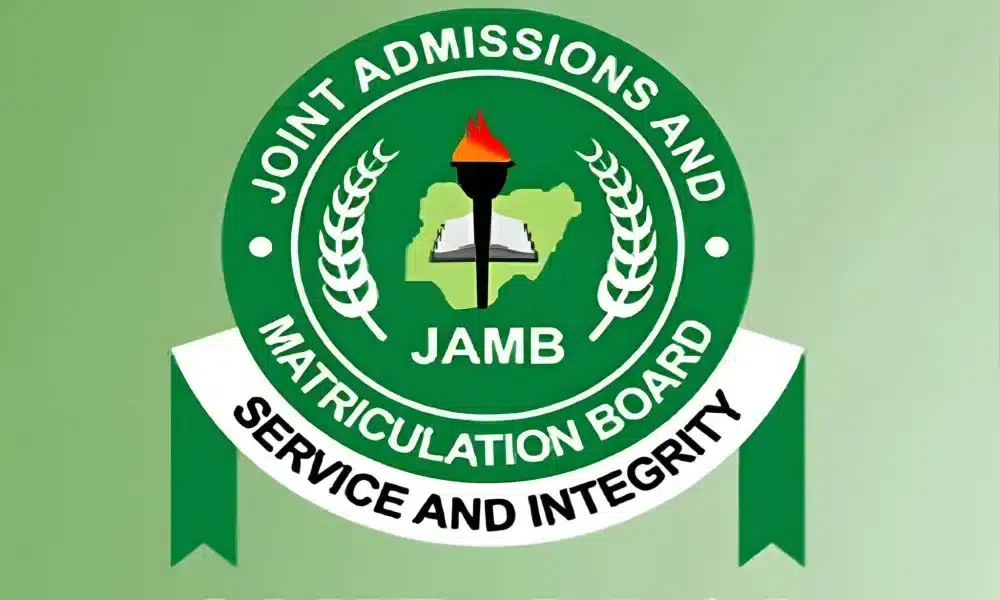The recent announcement by the Joint Admissions and Matriculation Board (JAMB) in Nigeria approving 140 and 100 as the cut-off marks for university and polytechnic admissions respectively has once again brought to light the complex and often controversial role of JAMB in the Nigerian education system. The decision, like many before it, raises questions about the fairness, relevance and impact of the cut-off marks on Nigerian students.
JAMB is responsible for conducting entrance examinations for students seeking admission into tertiary institutions in Nigeria. Every year, JAMB sets cut-off marks for universities and polytechnics, ostensibly to standardise the admission process. However, the periodic adjustment of these cut-off marks often sparks debate. Some argue that lowering the cut-off marks makes tertiary education more accessible, while others believe it dilutes academic standards.
The disparity in cut-off marks between universities and polytechnics raises questions about the perceived value of these institutions. It is essential to understand that universities and polytechnics serve different educational purposes and are not necessarily hierarchically superior or inferior to each another. Universities typically offer more theoretical and research-oriented programmes, while polytechnics focus on practical and technical skills. The lower cut-off mark for polytechnics is intended to attract students who may excel in practical fields rather than purely academic ones.
However, this disparity can inadvertently create a stigma, suggesting that universities are for “talented” students while polytechnics are for those who perform less well academically. This perception is not only inaccurate but also harmful, as it undermines the value of technical and vocational education, which is crucial for national development.
- Indispensable guide to property developers and off-takers (I)
- Some universities will admit 10-year-old children –JAMB Registrar
JAMB’s operations have, unfortunately, become a significant barrier to education for many Nigerian students. The examination fees, which many students from low-income families cannot afford, contribute to the high number of school dropouts and out-of-school children. Moreover, the examination itself is often criticised for being overly difficult, leading to high failure rates. Critics argue that this is a deliberate strategy to force students to re-register and pay additional fees, thus generating more revenue for the government.
This situation raises a critical question: is it necessary to generate revenue from students if the goal is to provide universal access to education? The answer should be a resounding no. Education should be a right, not a privilege, and financial barriers should not prevent any child from achieving their educational aspirations.
The necessity of JAMB, WAEC and NECO as gatekeepers to tertiary education in Nigeria is debatable. While these examinations aim to maintain academic standards, they often serve as barriers rather than enablers of education. Many countries have successfully adopted alternative models that do not rely on such high stake exit examinations. Example, countries like Finland and Sweden focus on continuous assessment and personalised learning pathways, which have been shown to be more inclusive and effective in ensuring educational success for all students.
It is time for the Nigerian government and the Minister of Education to reconsider the role and structure of JAMB. There is a pressing need to adopt new strategies that facilitate, rather than hinder, access to education. Scrapping or significantly reforming JAMB could be a step in the right direction. Instead of relying on a single, high-pressure examination, Nigeria could implement a more holistic approach to student assessment and admission, one that considers continuous assessment, extracurricular achievements and personal development.
The current system of entrance examinations in Nigeria, including JAMB, WAEC and NECO, is in dire need of reform. These exams should not serve as insurmountable barriers to education but rather as tools to enhance and support students’ learning journeys. By rethinking our approach to student assessment and admission, we can create a more equitable and accessible education system that truly prepares our young generation for the future.
Tijjani Mukaddas wrote via [email protected]

 Join Daily Trust WhatsApp Community For Quick Access To News and Happenings Around You.
Join Daily Trust WhatsApp Community For Quick Access To News and Happenings Around You.


